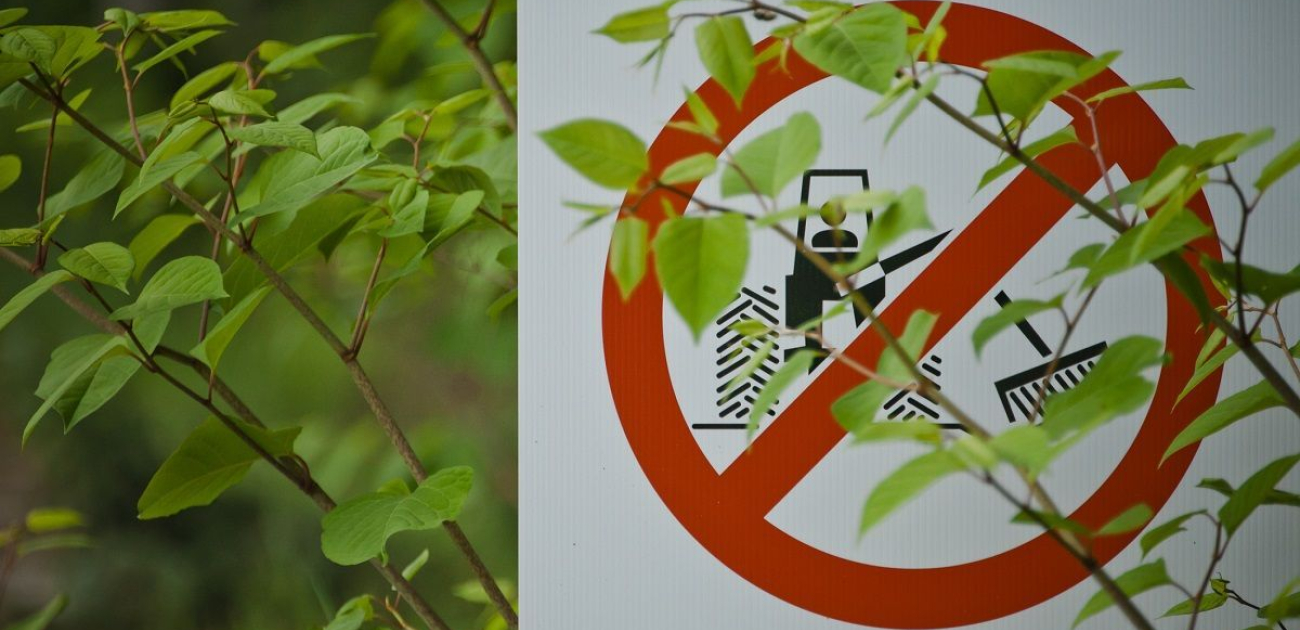Japanese Knotweed – what is the legal position?
In February 2018, Truro County Court handed down its judgment in Adam Smith and Eleanor Smith v Rosemary Line, a claim for damages as a result of common law nuisance caused by the defendant allowing Japanese knotweed to spread from her land into the claimants’.
What is Japanese Knotweed?
Japanese knotweed is an ‘invasive non-native species’ (INNS) that can cause substantial structural damage to land developments and considerably affect the value of a property. INNS is the term given to plants and animals that are introduced accidently or deliberately into a natural environment where they are not normally found, with serious negative consequences for their new environment. Japanese knotweed is the most invasive INNS in the UK and the costs of its removal and treatment are substantial. The government has estimated the costs of eradicating it from all of the UK at £2.6 billion.
Therefore, the UK and EU Authorities have imposed a number of measures designed to combat INNSs, and Japanese knotweed in particular, including criminal offences. It is classified as controlled waste under the Environmental Protection Act 1990 and local authorities have various powers that can be employed to enforce its removal.
What actions can you take?
The usual remedy available to private landowners is a claim for private nuisance in respect of damage caused to their property. However, the case of Smith v Line concluded that damages would be paid despite no physical damage having been caused to the claimants’ property, and were awarded on the basis of there having been a 10% diminution in the value of the property. Ms Line was also ordered to carry out specific remedial work to remove the knotweed from her property.
A similar decision made in April 2017, in Williams v Network Rail Infrastructure Ltd [2017] UK CC, suggested that the presence of knotweed is an actionable nuisance before it causes physical damage on neighbouring land because of its effect on the amenity value of the claimants’ land. Although Network Rail is appealing that decision, it seems that the law of Private Nuisance is being extended to allow claimants scope to take action earlier.
Therefore, if knotweed is identified on your land you should take steps to prevent it from growing unchecked. A first step would be to arrange for it to be surveyed by a specialist contractor as soon as possible, and seek independent legal advice.
Similarly, you should seek independent legal advice if you are concerned about knotweed growing on a neighbouring property. Although the claimants in Smith v Line were ultimately successful, this was after many years of wrangling and tens of thousands of pounds of legal costs. If the issue is addressed promptly, it may be that you can take legal action before the weed spreads onto your land, either by way of negotiations, or by using an injunction.
Do you want more information?
 Rachel Waller
Rachel WallerRachel is a Partner and a member of our Litigation & Dispute Resolution department
